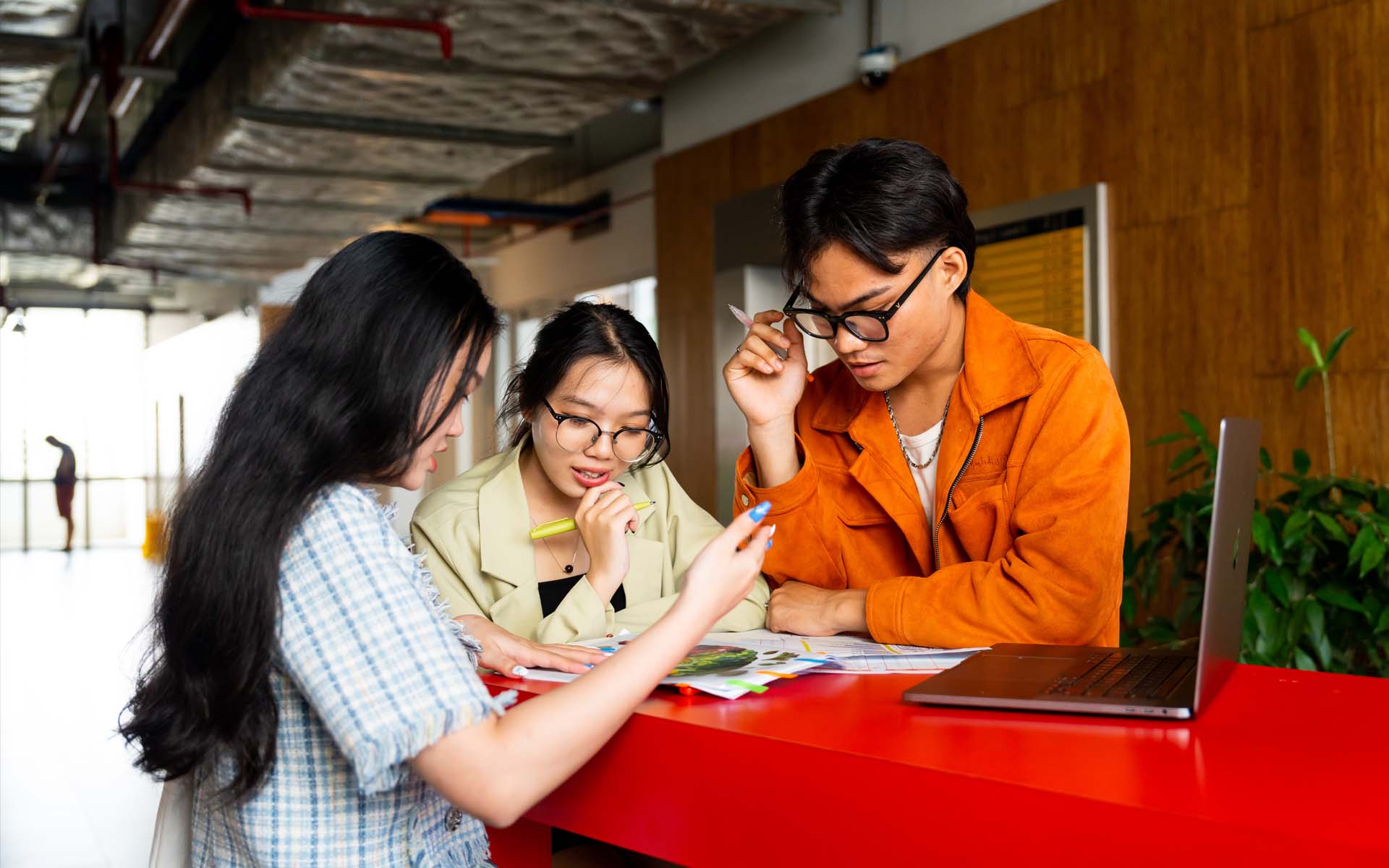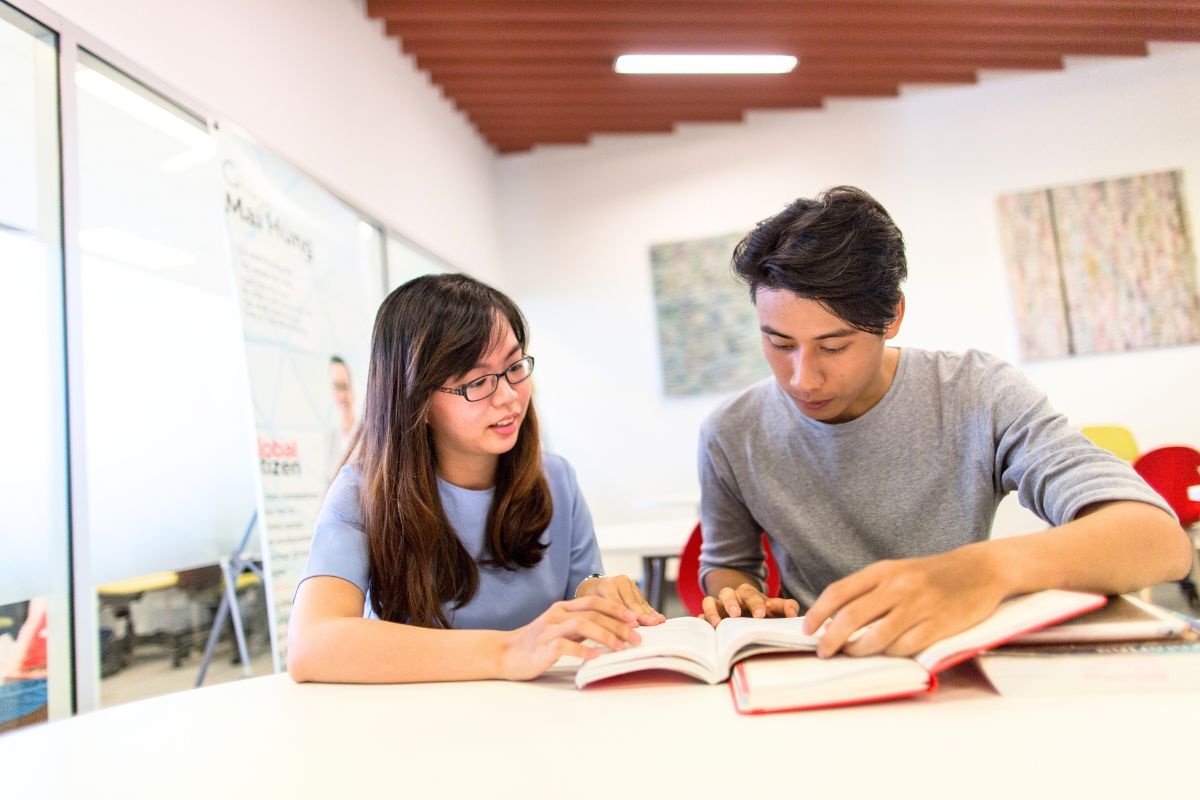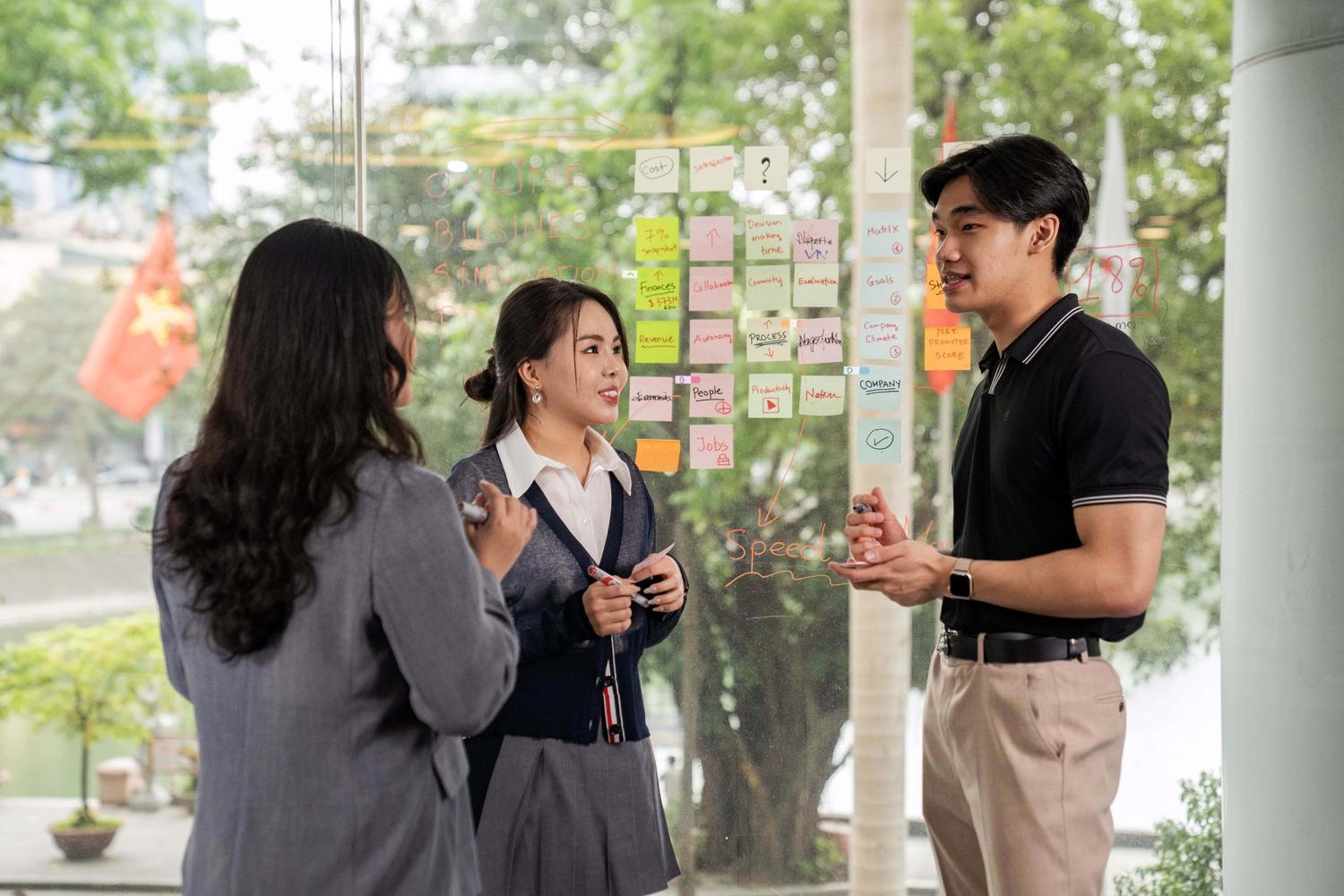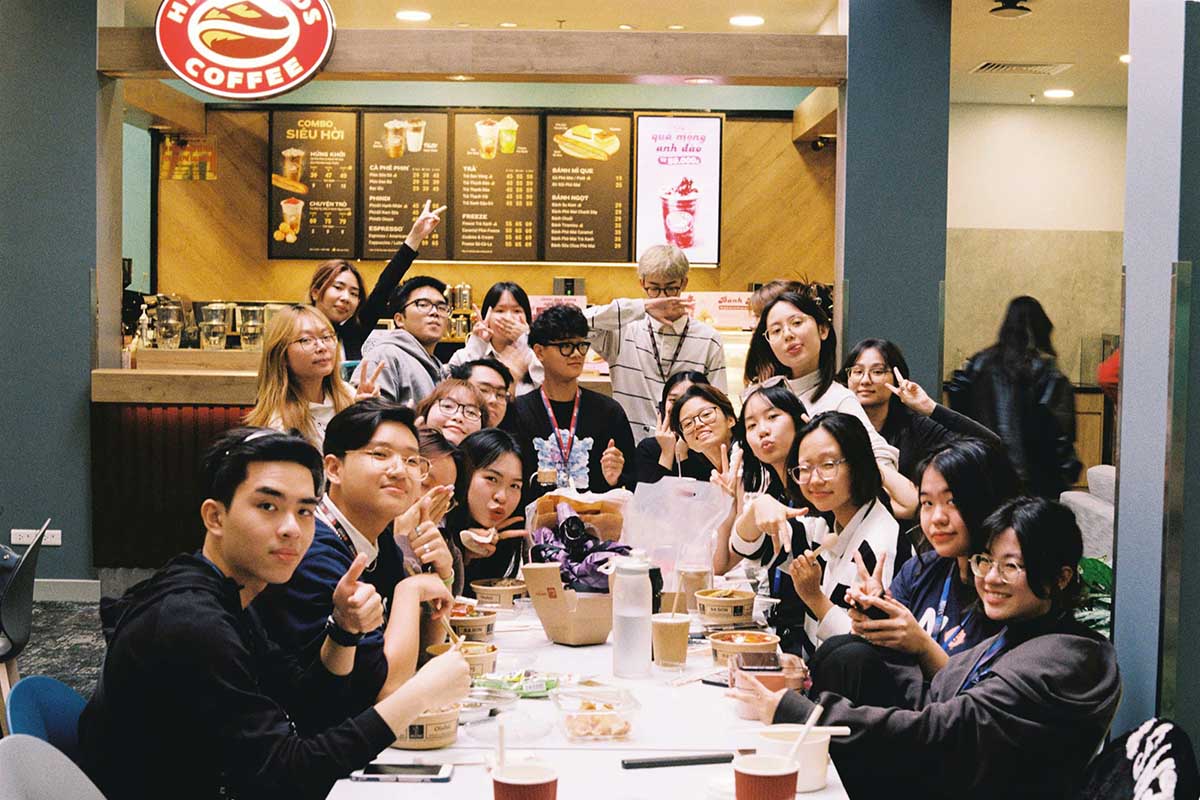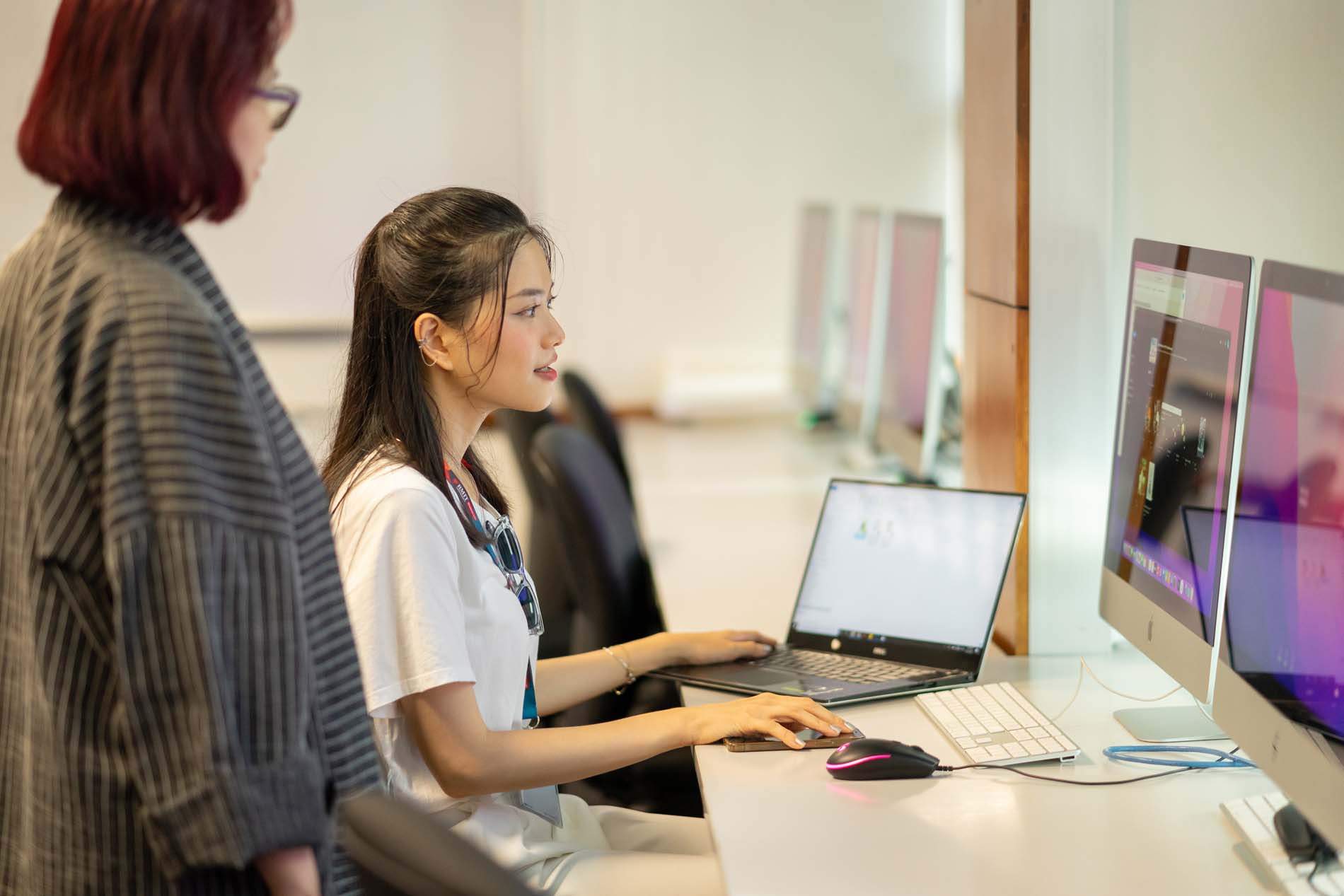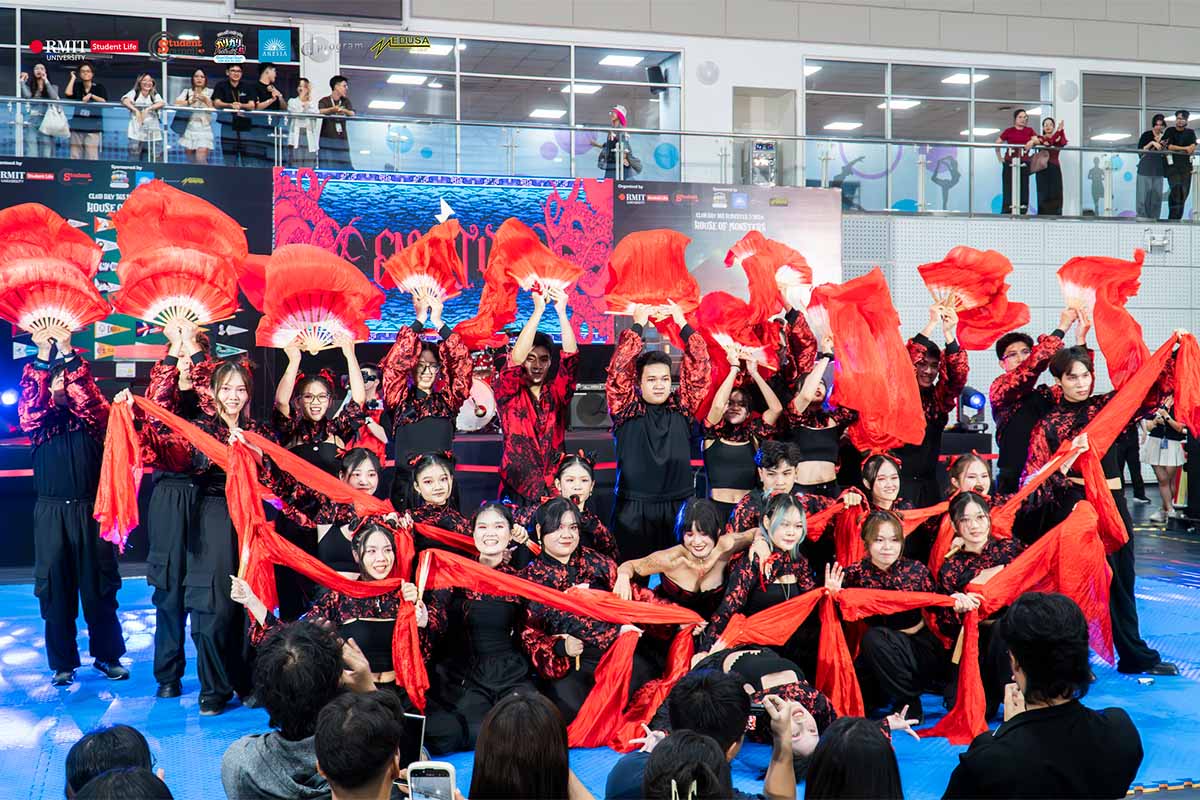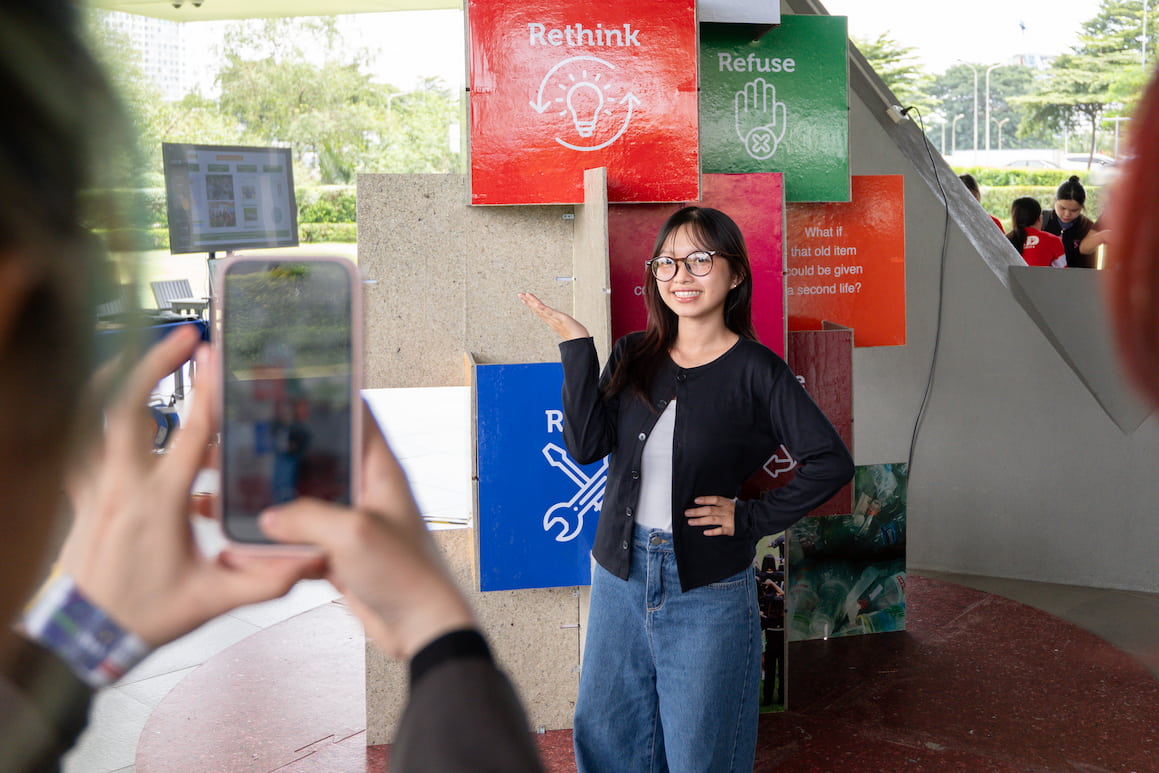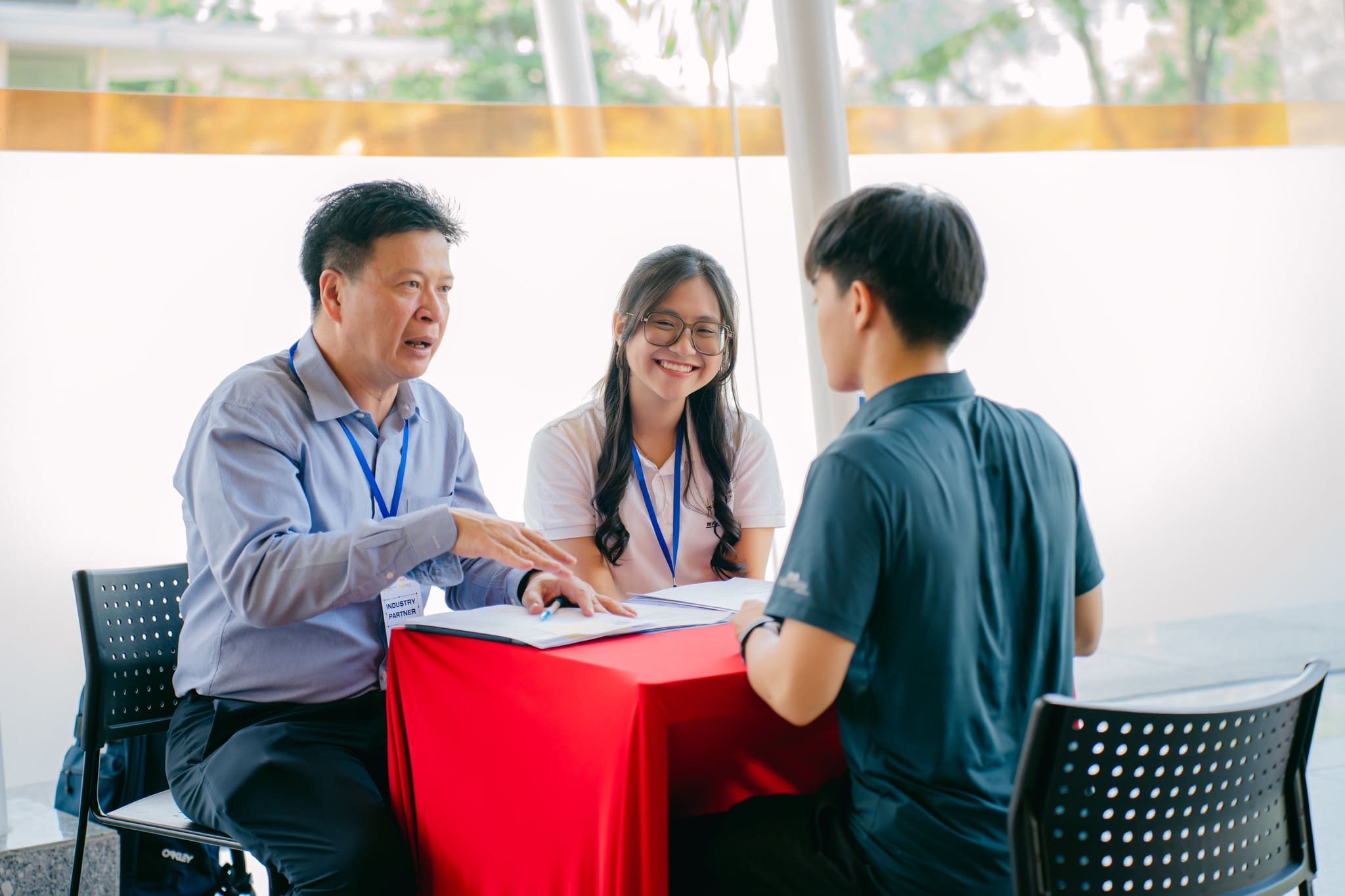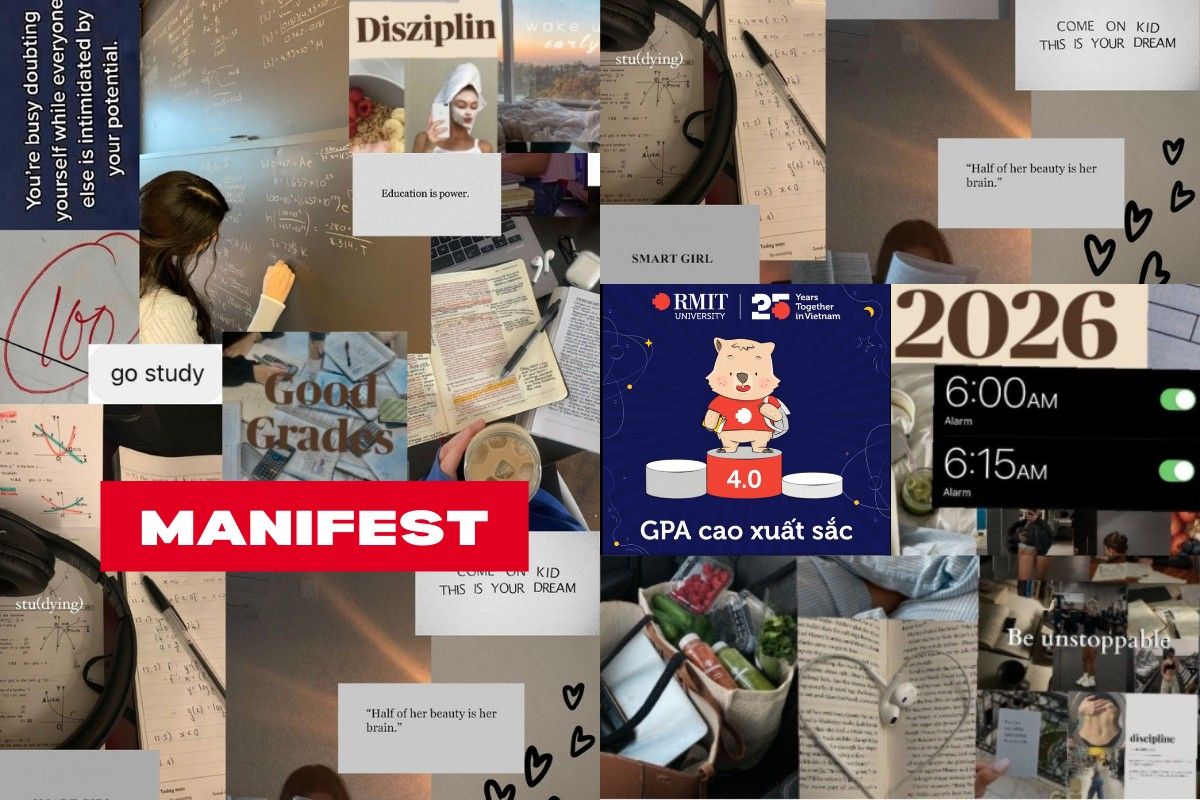Newbie 101: Your first assignment
Your first assignment at RMIT Vietnam is more than just a task. It’s your chance to set the tone for your entire university experience. Getting it right from the start can boost your confidence, sharpen your skills, and open doors to academic success. Curious about how to tackle it effectively and make the most of the support around you?
Newbie 101: Mental health tips to be chill with change
Are you having a hard time dealing with the transition to university? Are you feeling lost and unsure about who to talk to under academic pressure? Even exciting university changes can feel overwhelming. Learning practical mental health tips to cope with change early can help you feel more at ease as you settle into university life.
Newbie 101: Making friends and sharing meals
Whether you’re sharing a bowl of pho, grabbing a banh mi, or just sipping coffee, eating together creates a relaxed space for conversation. Sharing a meal is one of the easiest and most natural ways to break the ice and start building your uni-crew.
Newbie 101: Don’t struggle alone – ask away!
Beginning university often marks a major shift in life. Assignments pile up, lessons grow more complex, and future career paths seem both exciting and daunting. In the middle of all this, one powerful yet sometimes overlooked action can transform the student experience: asking for help.
Newbie 101: The art of meeting deadlines
Stepping into university life is exciting with new friends, new independence, and… a surprising number of deadlines. If you're a first-year student at RMIT, one of the biggest adjustments is juggling multiple assignments and tight deadlines. So, how do you stay on top of everything without burning out? Mastering the art of meeting deadlines!
Newbie 101: Finding the right assignment teammates
Regardless of your major or personality, teammates can make or break your university experience. Whether for class projects, startups, or competitions, who you work with matters. After years of trial and error, here’s what I’ve learned about finding the right people to work with.
Newbie 101: Clubs and societies
Looking for a place to make the most of your university experience? Every journey starts with a step, and the RMIT Student Club program with over 60 hubs is the perfect place to begin. Dive into why you should join a club and a few tips to help you navigate with confidence.
Newbie 101: What you need to know about RMIT & sustainability
We’ve all been there: holding an empty coffee cup, standing in front of five different bins, and having absolutely no idea what to do. It’s a classic first-year moment, and this guide is here to save you from that confusion. We'll give you the simple rundown on campus sustainability basics so you can navigate RMIT like a pro from day one. Let's get you sorted.


